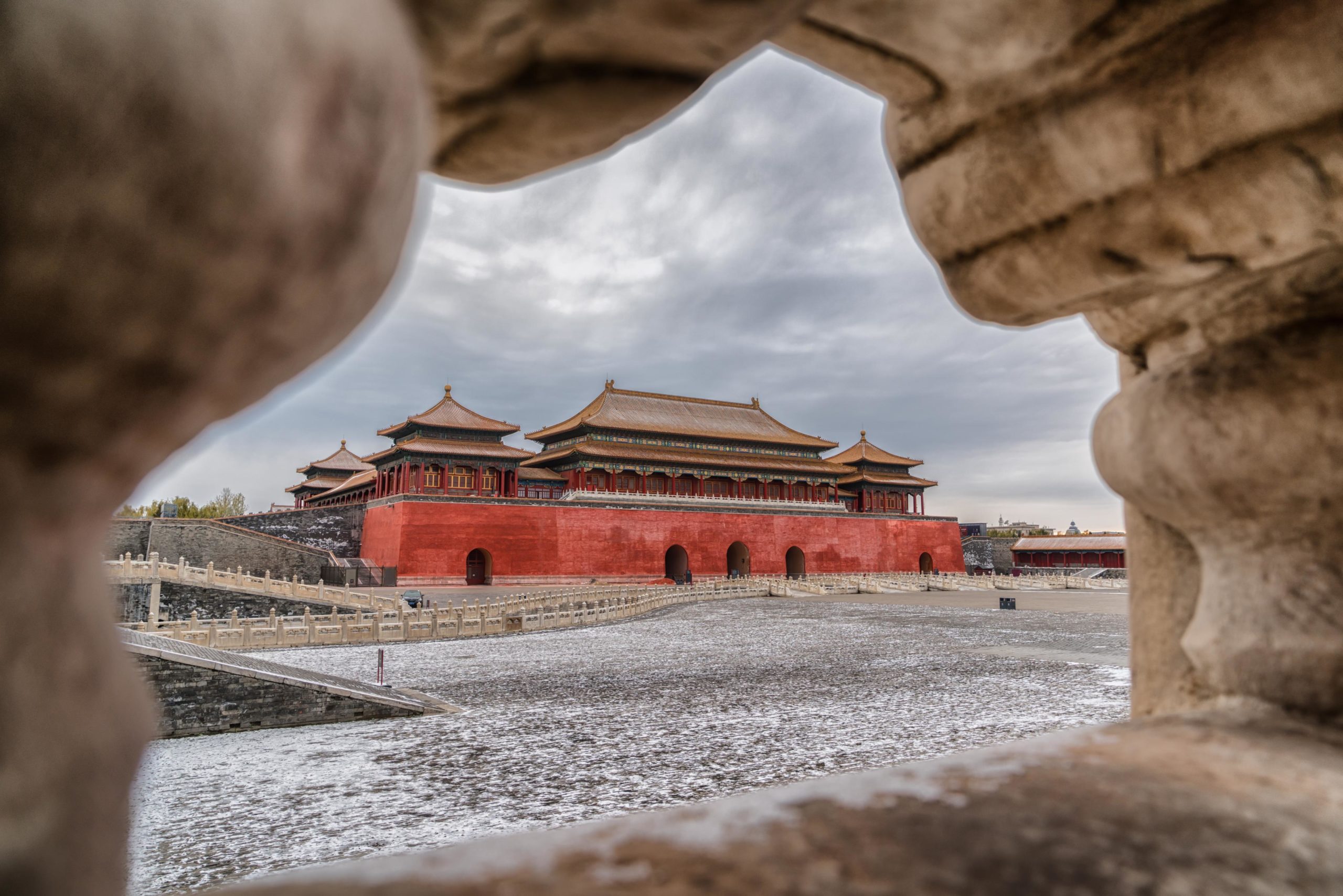Award-winning film ‘Angels Wear White’ ignites discussion about child sexual abuse

All links in Chinese unless otherwise noted
In a recent interview, director Vivian Qu 文晏 (wén yàn) confirmed she started writing the script for Angels Wear White 嘉年华 (jiāniánhuá) after a rash of child molestation incidents surfaced in China. But even Qu probably couldn’t have anticipated that the premiere of her film last Friday would coincide with shocking reports of child abuse and molestation at a Shanghai daycare center and a Beijing kindergarten.
For better or for worse, the recent spate of child abuse allegations has garnered more attention for Qu’s movie, which focuses on corruption surrounding a child sex abuse investigation at a quiet seaside. Also helping the film’s buzz is the fact that few Chinese movies have directly tackled this sensitive subject in the past.
Many have compared Angels Wear White with the South Korean film The Crucible, which is about real-life sexual abuse at a South Korean school for the hearing-impaired in the early 2000s, and are hoping the film might make a lasting impact on Chinese society. In the case of The Crucible, the movie’s massive popularity helped raise awareness of sexual violence in South Korean society and eventually led to the reopening of old investigations and legislative reform regarding the statute of limitations for sexual crimes.

Has Pixar finally scored a hit in China with Coco?
Pixar’s latest film, Coco, surprised everyone when it racked up 46.8 million yuan ($7.1 million) at the box office on November 25, nearly four times the box office gross from its debut the day before. The 270 percent jump in revenue is, as noted by Forbes, unprecedented in China’s moviegoing history, and may be a harbinger of the lucrative run the animation film might enjoy in the weeks to come.
Coco’s strong opening weekend performance has led industry analysts to predict that the animation film — about a Mexican boy transported to the land of the dead — might follow the box office trajectory of Zootopia. Last March, Zootopia overtook previous record-holder Kung Fu Panda 3 to become the all-time highest-grossing animation film in China, and it still currently sits as the No. 13 highest-grossing movie in Chinese box office history.
If Coco does keep up its winning streak and match Zootopia’s impressive box office haul, it will be the first time Pixar scores a veritable hit in China. Unlike its parent company, Disney, Pixar has had a hard time cracking China’s movie market. Its biggest hit to date is Finding Dory, which grossed 254 million yuan ($38 million) in China last year. While the figure itself is respectable, it pales in comparison with the box office take of animation films like Universal’s Despicable Me 3 and DreamWorks Animation’s Kung Fu Panda 3 — both have grossed a little over 1 billion yuan ($151 million) at China’s box office.
China rebounds from slump, passes 50 billion yuan milestone at box office
On November 20, the State Administration of Press, Publication, Radio, Film and Television (SAPPRFT) announced that China’s box office revenues had exceeded 50 billion yuan ($7.5 billion) for the year, a landmark figure for the country’s movie market. Zhang Hongsen, the vice minister of China’s media regulator, had boldly predicted (in English) a month ago that China’s box office would hit 55 billion yuan ($8.3 billion) in 2017 and enjoy a growth rate of as much as 20 percent in admissions.
In the summer, patriotic action film Wolf Warriors 2 (战狼二 zhàn láng èr) toppled previous box office records set by Stephen Chow’s fantasy film The Mermaid (美人魚 měirényú) to become the all-time highest-grossing movie in China. The Fate of the Furious, which premiered in China in April, also broke records as the country’s highest-grossing Hollywood film. Movies from other countries also had the opportunity to shine at Chinese theaters this year, with films like Indian sports drama Dangal, Spanish crime film The Invisible Guest, and Thai heist thriller Bad Genius all surpassing milestones.
Since 2010, China’s box office revenues have been experiencing explosive expansion, with annual growth rate averaging around 35 percent. Last year, however, China’s movie ticket revenue growth rate plunged to 3.7 percent, according to Hollywood Reporter, a figure that is considered healthy for most countries, but a worrying sign for China’s movie market, which boasted a mind-boggling 49 percent growth in 2015. While many would take the passing of the 50 billion yuan benchmark as a sign of rejuvenation for China’s box office, some industry analysts are cautioning against celebrating too soon. Entertainment outlets like Yiqipaidianying have pointed out that without the outsized performance of box office juggernaut Wolf Warriors 2 (which grossed 5.67 billion yuan alone) and the inclusion of online ticketing fees into the box office figures this year, it seems unlikely that the 50 billion yuan milestone mark would have been reached so soon, if at all.





